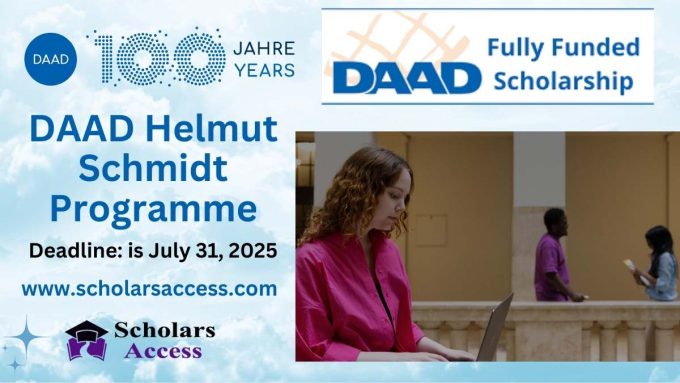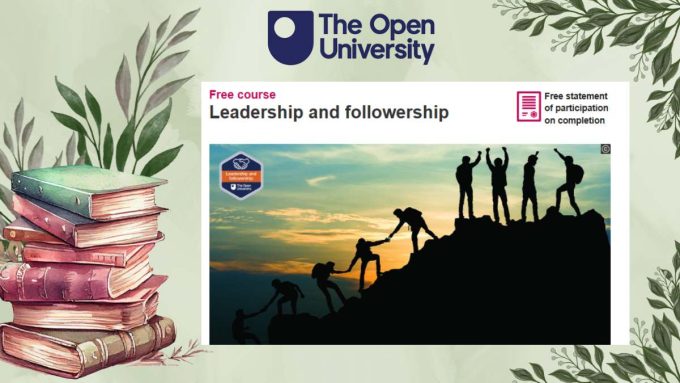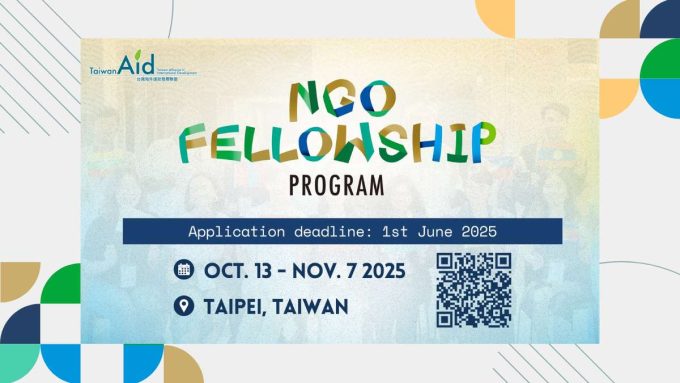Quick Facts about UN OHCHR Fellowship
|
Have you ever imagined walking the halls of the United Nations, contributing your voice to global human rights discussions? The UN OHCHR Fellowship 2025 in Switzerland offers just that. Designed especially for individuals of African descent, this program helps participants develop hands-on knowledge about international human rights systems while empowering them to support their communities back home.
What is the OHCHR Fellowship Programme?
Before we go any further, let’s clarify: OHCHR stands for the Office of the High Commissioner for Human Rights. It’s the United Nations body responsible for promoting and protecting human rights worldwide.
The OHCHR Fellowship Programme for people of African descent is more than a professional development experience—it’s a powerful learning journey. Participants better understand how the UN and human rights systems operate, especially in defending the rights of marginalized communities. It’s a chance to grow personally and professionally, while being part of a much-needed global dialogue.
Host Country: Switzerland
The fellowship occurs in Geneva, Switzerland, a city known for diplomacy and peacebuilding. Geneva is home to numerous international organizations, including the UN. For many fellows, this marks their first time engaging face-to-face with global institutions—an experience that can be both eye-opening and deeply inspiring.
Host Institution: Office of the High Commissioner for Human Rights (OHCHR)
This fellowship is hosted directly by the UN’s OHCHR. Fellows participate in sessions at the Palais des Nations, engage with OHCHR staff, and contribute to meaningful discussions around human rights. The program also offers networking opportunities with civil society organizations and other UN agencies.
Who Can Apply?
The fellowship is open to people of African descent living in the diaspora. The goal is to strengthen the leadership skills of individuals who are already actively promoting the rights of people of African heritage.
Here are the basic eligibility requirements:
- You must be of African descent.
- You should be fluent in English (knowledge of French is a plus).
- You need to be actively working on human rights issues.
- You should have at least four years of experience in the field.
The program looks for people who are already making a difference and can return what they learn to their communities to expand their impact.
Key Benefits of the Program
Let’s break down what you’ll get from the UN OHCHR Fellowship 2025 in Switzerland:
- In-depth training on the UN human rights mechanisms, including the Human Rights Council and treaty bodies.
- Exposure to international advocacy work through real-world case studies and experiences.
- Mentorship from experts working within the OHCHR and beyond.
- Travel and living expenses are fully covered, including flights, accommodation, and a daily allowance.
- Networking opportunities with civil society leaders, academics, and UN staff worldwide.
For many participants, the most significant benefit is being heard in places where decisions are made. It’s a chance to speak not just for yourself, but for your community.
Perks of the UN OHCHR Fellowship
Selected participants will receive coverage for economy-class air travel, basic medical insurance, and a daily stipend. This stipend will support housing and everyday living costs during the program. The fellowship emphasizes efforts to address and challenge racism, racial discrimination, xenophobia, and related forms of intolerance. Participants will enhance their skills in writing project proposals, giving presentations, and contributing information to global human rights platforms. The program also offers direct exposure to key human rights mechanisms, including treaty bodies, special procedures, and the Universal Periodic Review (UPR). By the end of the fellowship, participants are better equipped with practical tools and insights to grow professionally in the human rights sector.
Application Deadline
Mark your calendar: Applications for the 2025 deadline are 30 June 2025.
Give yourself enough time to prepare a strong application. You’ll need to submit your CV, a motivation letter, and a support letter from an affiliated organization.
Course Duration
The program runs for four weeks, usually between October and November. It’s an intensive experience, packed with learning sessions, meetings, and opportunities to build meaningful relationships with fellow participants and experts.
Course Study Time
This isn’t a part-time or online experience. You’ll need to commit full-time during your stay in Geneva. Most days involve several hours of seminars, group discussions, and self-study. Be ready to immerse yourself completely.
Course Level
This program is best suited for mid-career professionals or activists—people who already have experience and want to refine their skills to take on bigger roles. Whether you’re involved in grassroots movements, legal advocacy, journalism, or community organizing, this fellowship can amplify your impact.
A Closer Look at the Experience
The fellowship doesn’t just teach policy. It gives you the tools to influence it.
Imagine attending a session on how UN treaty bodies monitor states’ compliance with human rights commitments. Or sitting in on a Human Rights Council meeting where real decisions affect millions. These aren’t just simulations—they’re real events, and you get to be in the room.
You’ll learn how to write advocacy reports, engage with special rapporteurs, and prepare shadow reports for UN reviews. You’ll come away informed and equipped to shape real change.
Why the Focus on People of African Descent?
This program is part of the UN’s International Decade for People of African Descent (2015–2024). During this decade, the UN has been working to combat racism, promote justice, and support the development of communities of African heritage worldwide.
The fellowship directly supports that mission. It builds leaders’ capacity to raise awareness, shape policy, and build bridges between global institutions and local communities.
What Past Fellows Say
Participants often describe the experience as transformative.
Some say they return home with more confidence to engage with policymakers. Others mention that it opens new doors for international work or speaking engagements. Almost all of them agree: their connections during the program last long after the fellowship ends.
One former fellow described it as “the first time I truly felt my voice mattered on a global scale.”
How to Apply toUN OHCHR Fellowship
Getting started is simple but requires effort:
- Visit the OHCHR website and navigate to the Fellowship Programme for People of African Descent.
- Prepare your documents, including your CV, a motivation letter, and a support letter.
- Fill out the application form and upload your documents.
- Wait for the selection results, which are typically shared a few months before the program begins.
Selection is competitive, so make sure your motivation letter clearly explains your commitment, your background, and how you plan to apply what you learn.
What You Can Do After the UN OHCHR Fellowship
What happens once the program ends? That’s when the real work begins.
Many fellows return to their home countries and launch new advocacy campaigns, organize community programs, or even advise governments. Some become trainers, passing their knowledge on to others. Others use the experience to build international networks or start new human rights organizations.
Your participation doesn’t just help you—it strengthens the voices of those around you.
The UN OHCHR Fellowship 2025 in Switzerland is more than a line on your resume. It’s a journey into the heart of global human rights, where your voice can join others in creating a more just and fair world. If you believe in equality and justice and are ready to deepen your impact, this fellowship could be your next big step.
(Follow us on Facebook, Twitter, Instagram, Pinterest and Threads page)












Leave a comment